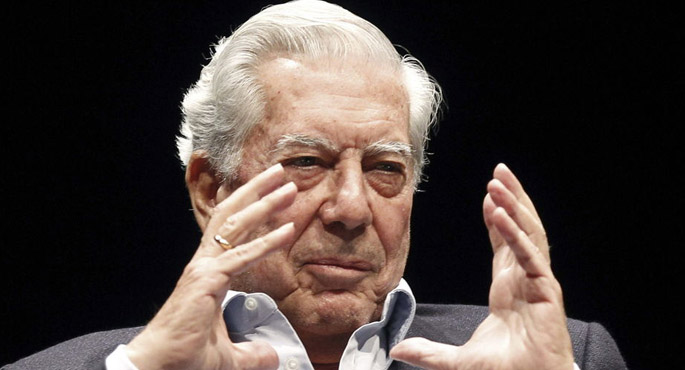
- He died at the age of 89 in Lima, and his death was reported by the children of the Peruvian writer. He was one of the most famous authors of Spanish literature and played an important role in the flourishing of literature in Latin America in the 1960s and 1970s. He went from being a communist and anti-imperialist militant to supporting neoliberalism.

The children of the Peruvian writer Mario Vargas Llosa have announced his death through a statement announcing that no public event will be held in his honor, as they want him to have "privacy to greet his family and friends." Born in 1936 in Arequipa, Peru, Vargas Llosa was one of the most important referents of Spanish literature and one of the main reasons for the popularity of literature in Latin America since the 1960s. Among the eleven prizes he received, he was awarded the Nobel Prize for Literature in 2010 and the Prince of Asturias Prize for Literature in 1986.
In 1959 he published his first book of short stories, Los jefes, and in October 2023 his last novel, Le dedico mi silencio. In the 1960s and 1970s he wrote his most famous works, such as The City and the Dogs (1962), The Green House (1966), Dialogue in the Cathedral (1969), Panthéon and the Visitors (1973). In fact, the latter is the only work by Vargas Llosa that has been translated into Basque; it was translated into Basque by Santi León under the title Pantaleón y bistarios (Pantaleon and the Bistaries) and brought to light in 2011 by the agitaletxea Batu.
From being a communist militant to embracing neoliberalism
Throughout his life, Vargas Llosa emphasized and emphasized his political ideas. He was a communist militant in the 1960s, and on several occasions he explained his anti-imperialist position: He expressed his desire to extend the "social justice" that had arrived in Cuba to all of Latin America "as soon as possible." Later, however, he went on to condemn the Cuban government and support neoliberalism.